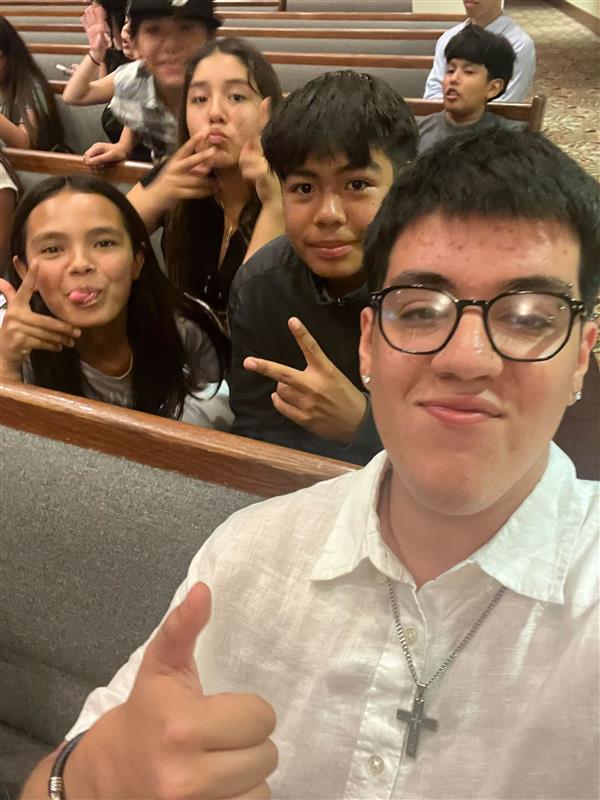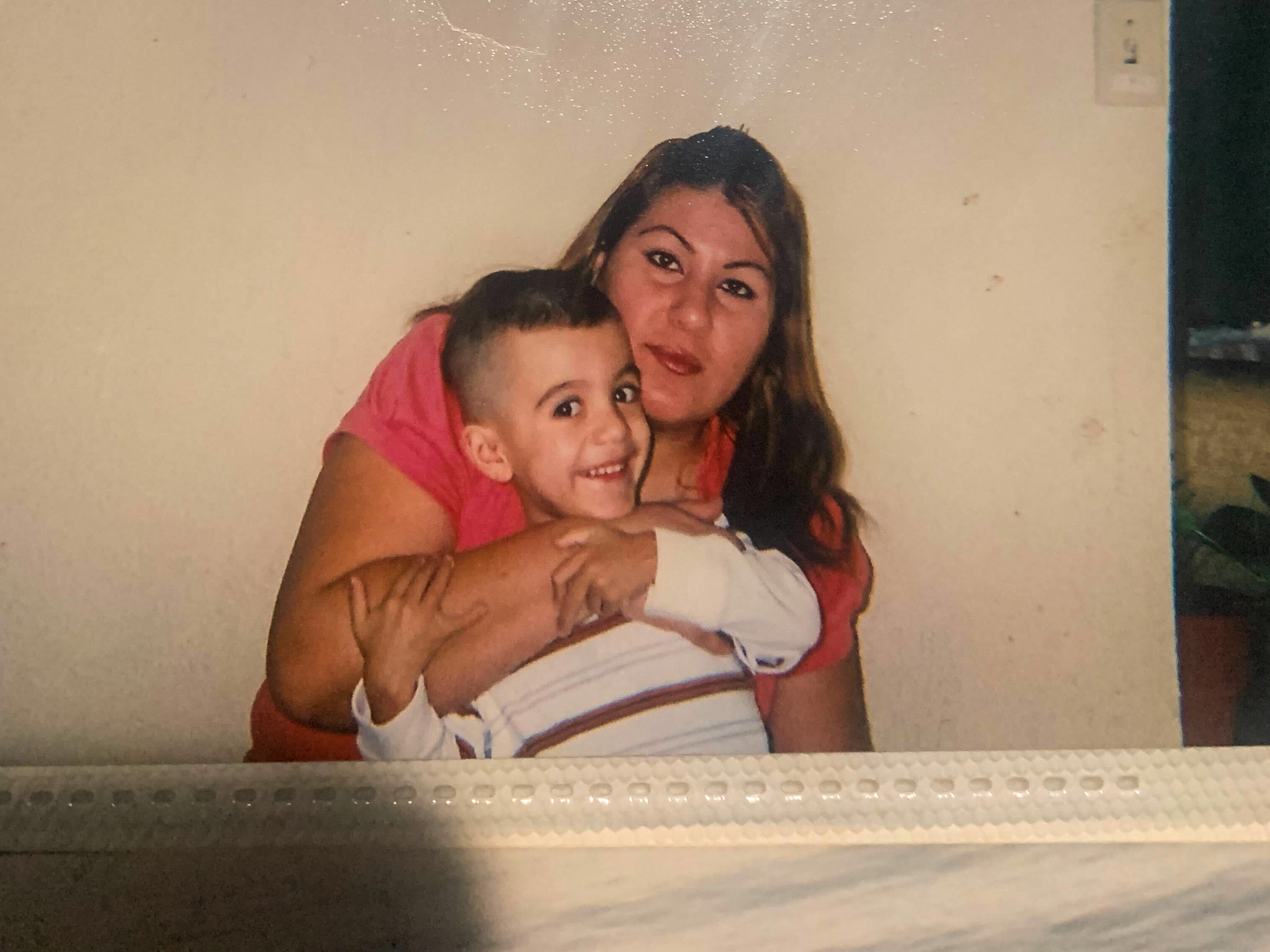Student spotlight: Alejandro Salas Castellanos on championing multilingualism and educational equity
 Growing up in Basin City, a small, unincorporated town in eastern Washington with just over a thousand residents, Alejandro experienced firsthand the challenges of navigating school as a Spanish-speaking student in an English-only environment. “Before school, I only spoke Spanish at home,” he recalls. “I didn’t know a lick of English when I started kindergarten. It was full on English immersion, no bilingual programs, no dual language classes. I just had to figure it out.”
Growing up in Basin City, a small, unincorporated town in eastern Washington with just over a thousand residents, Alejandro experienced firsthand the challenges of navigating school as a Spanish-speaking student in an English-only environment. “Before school, I only spoke Spanish at home,” he recalls. “I didn’t know a lick of English when I started kindergarten. It was full on English immersion, no bilingual programs, no dual language classes. I just had to figure it out.”
Alejandro did figure it out — quickly. By the fourth grade, he had tested out of his school’s English as a Second Language (ESL) program. But even then, he noticed that many of his peers continued to struggle for years. “I know students who didn’t test out until high school,” he says. “I don’t want kids to be held back just because they speak a different language. That’s not fair. Education should be equitable for everyone.”
It was those early experiences, combined with the examples of his mother, Lupe, who worked at a daycare and later earned her GED after immigrating to the U.S., that inspired Alejandro’s pursuit of education. “My mom has always been my biggest inspiration,” he shares. “She’s one of the smartest people I know, even if she didn’t finish high school. I saw how hard she worked and how much cared for others, and I wanted to do the same, especially for students like her who didn’t always get the support they deserved.”
Now an undergraduate student in the UW College of Education, Alejandro is majoring in Education Studies, focusing on multilingual learning and equity. His lived experience as a Spanish-speaking student predominantly in English-speaking classrooms continues to shape his purpose. Having seen peers struggle with language barriers, and helping his younger siblings learn English before school, Alejandro is driven to make education more inclusive. “I don’t want other students to face the same challenges I did,” he shares. “Bilingualism and multilingualism should be celebrated as strengths.”
This past summer, that philosophy deepened when he participated in Breakthrough Silicon Valley, a teaching fellowship in which he led an eighth-grade English class of multilingual learners, including students who had been in the U.S. for less than two years. “That program changed everything. It was my first time teaching my own class,” he says. “But it was also one of the most rewarding experiences of my life. When my students told me I made learning fun and that they wanted me to come back, that’s when I knew for sure... this is what I’m meant to do.”

At the College of Education, Alejandro says he’s learned to reframe how he thinks about language and identity. “Growing up, I thought English was the most important thing to know,” he says. “But here, I’ve realized how valuable it is to be bilingual. I’ve even reconnected with my Spanish. I practice it more now. Language is powerful, and I want to make sure students never feel ashamed of theirs.”
Education is the best way to make an impact because if you start at the beginning, they'll keep it forever. If we want to make any change... it has to go through the young people because they're going to grow up, and then they're going to lead.
When asked what he brings to the College of Education, Alejandro smiles humbly. “Effort,” he says. “I give 100 percent of everything I do. I’m ambitious, I care deeply, and I think my perspective, coming from a tiny one-A school to one of the biggest universities in the country, brings something different. I want to use what I’ve learned to make real change.”
Looking ahead, Alejandro plans to pursue the Master in Teaching (MiT) program at UW right after completing his bachelor’s degree. “I want to keep the momentum going,” he says. “Eventually, I’d love to teach social studies at the middle or high school level, and one day, maybe even move into educational policy or a school board position. I think people making decisions about education should have classroom experience. That’s how real change happens.”
As he reflects on his journey, Alejandro’s vision for the future is clear: more equitable classrooms, more support for multilingual learners and more celebration of the cultures that make schools vibrant. “Education is the best way to make an impact because if you start at the beginning, they'll keep it forever. If we want to make any change... it has to go through the young people because they're going to grow up, and then they're going to lead.”
Written by: Winston N.
